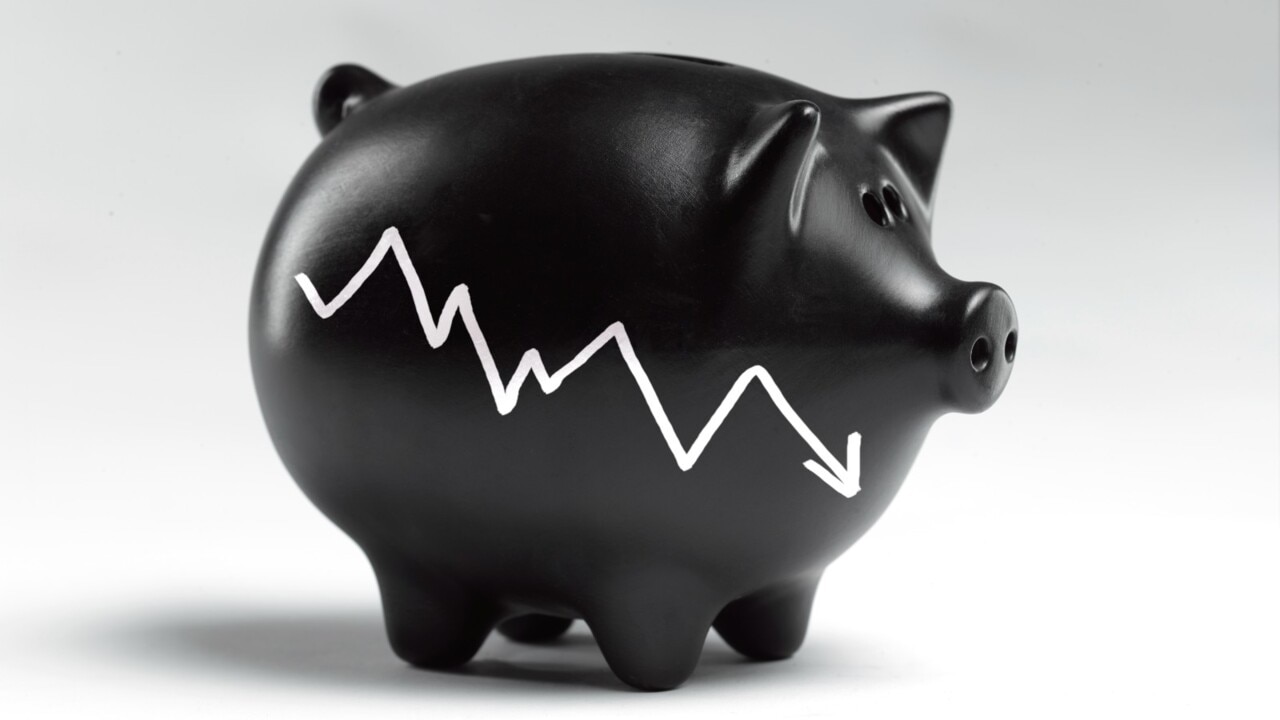Australian homeowners could soon be hit with more mortgage pain after this week's all-important inflation reading, with Treasurer Jim Chalmers warning that Wednesday's figures are likely to show “persistent” price pressures in the economy.
In an interview with Sky's Weekend Business on Sunday, Mr Chalmers said that while inflation had come down “quite significantly” from peaks in 2022, he expected the consumer price index for the June quarter to show inflation continuing to roll through the economy.
“Inflation doesn't ease in a straight line,” he said.
“It's a bit of a zigzag.”
The treasurer added that he was “confident” that prices would continue to “moderate” after Wednesday's reading and fall over time.
Concerns about further rate hikes and the negative impact on economic activity intensified following the hotter-than-expected June 26 CPI print.
The monthly consumer price index (ABS) reported for the year to May jumped to 4 percent, from 3.6 percent in April.
Economists had expected a more moderate increase of 3.8 percent.
Some economists predicted the Reserve Bank of Australia would raise its cash rate again if Wednesday's CPI showed persistent inflation.
The RBA cash rate serves as a benchmark for interest rates across the economy, with banks usually quick to pass on rate rises to mortgage holders. This would reduce the purchasing power of millions of Australians as they divert more of their income to service more debt.
Deloitte warned last week that further rate hikes could be the “straw on the camel's back” given the already existing weaknesses in the economy.
“Consumer and business confidence remain at rock bottom, household budgets have been decimated by major cost-of-living pressures and insolvencies have soared,” says the consultant's latest Business Outlook.
“In this environment, Australians and Australian businesses have been looking forward to July 1 as a trigger for tax cuts and other relief.
“To have the RBA board seize that relief as soon as it arrived would be a powerful blow.”
In its “Week Ahead” report, the Commonwealth Bank said the “balance of probabilities” would shift to another rate hike if inflation rose 1.1 percent or more for the quarter.

“In our view, the outlook for an August hike depends on the RBA's preferred measure of core inflation, the truncated average,” the bank said.
“Our forecast for next week is for the reduced average inflation to increase by 0.9 percent/quarter and 3.9 percent/year.
“In our view, this would give the RBA enough breathing room to leave rates flat, albeit slightly above their implied forecast of 0.8 per cent/quarter.
“We see a 1 percent/quarter print that is in the 'grey area' where they could hold or they could rise depending on the details of the component.
“A print of 1.1 percent/quarter or higher would test the board's resolve and shift the balance of probabilities toward a rate hike.”
Mr Chalmers highlighted the government's moves to reduce inflation, pointing to its two budget surpluses and spending discipline.
He also said he expected the “big drivers” of Wednesday's reading to include insurance, rent and gas prices.
“None of these factors apply to government spending,” he said.
While Australia is on the brink of a rate hike, the rest of the world's economies are moving to cut rates as inflation cools after the Covid and Ukraine war shocks.
The Bank of Canada cut rates this week and the US Federal Reserve is expected to cut rates in September.
The RBA board will next meet on August 5 and 6, where it will decide on a possible change in the cash rate.
Wednesday's inflation print could also affect the outcome of the upcoming federal election.
A new poll by RedBridge shows the Coalition has overtaken the Government on a two-party preference basis.
Peter Dutton's LNP now leads Labor 51.5 per cent to 48.5 per cent.
In April, the same polling company showed the government leading 52% to 48%.
The shift came from low- and middle-income voters moving to the coalition camp in response to the country's cost-of-living crisis, the company said.
